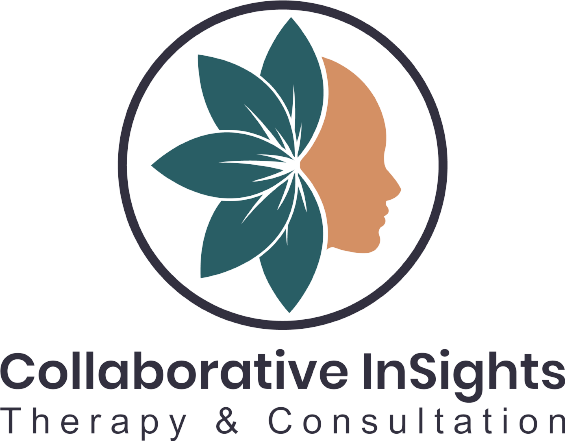Recently, Shikha and I (along with our enthusiastic husbands) committed to ‘finishing what we started’ at the H.A.P.I. Hood 5k on 11/12. Now, I’m not a runner but I am married to one. So when I told my husband (who has completed a full marathon, many half marathons and a Spartan race) that I was going to start running, he was thrilled! He loves giving me pro tips on hydration and the best running shoes and I like reminding him how important it is to stretch after a run when you’re warm.
And as I’ve started training, I couldn’t help but notice the similarities between the work it takes to prepare to run a 5k and the emotional work done in therapy.
Read on for more…
Treatment goals
Whether you’re beginning to train for a 5k or starting therapy, you decide to start for a reason. My hubby asked me at the start: what are your goals for running? I thought about it and decided that I don’t need to win. I simply want to feel good completing the race. In therapy, you are asked the same thing within the first few sessions: what do you want out of therapy? I like to ask clients” what do you want to be different or better by the time we review your goals in 3 months?
Often when we start something new, like therapy or 5k training, you start with a plan. You may not know what’s on the other side of it or exactly how you’ll get there but you’re willing to find out!
Pace yourself
In both physical and emotional exercises, it’s best that you go at your own pace. You choose your comfort level and how far you are willing to grow outside of your comfort zone. Hopefully, you have an understanding coach or therapist who supports you in that. (Shoutout to Nike Running Club app coaches!). When you’re 5k training or in therapy, you’re likely pushing yourself out of your comfort zone without going to excruciating limits. It’s good to keep in mind that you’re working on building endurance and strength to sustain yourself in the long run (pun intended!).
Discomfort
Now, I can’t talk about growth without addressing feelings of discomfort! Muscles ache at the beginning of new exercises in the same way that you might cringe as you put your work from therapy into practice. Some of my initial thoughts after starting to run were wondering “What am I DOING?! Is it supposed to hurt this much? Why am I doing this again? … This is when I was glad I’d set a goal for myself. Remembering that I want to feel good running this 5k meant putting in some hard work now. Same goes for therapy and treatment goals, the goals guide the treatment. It’s also good to note that goals can always be reassessed and changed to meet your specific needs.
I also noticed that things that I used to do all the time with no problem became uncomfortable after I started running. For example: going down stairs after the first couple of runs may feel as wonky as it feels to set a new boundary with a loved one at first. Allowing things to be uncomfortable is often part of the process.
The importance of support
Another parallel I’ve noticed In both 5k training and therapy is that coaches or therapists help and so does collective effort. There’s something comforting about knowing others are in therapy too, just like it’s good to know that you won’t be running alone on race day. Just thinking of other folx who are working on a shared goal can be encouraging, validating and uplifting,
Now, I mentioned that my husband recommended some good running shoes. When I made the switch, I noticed new muscles hurting! He told me, new shoes hurt because you’re not used to feeling properly supported in your old shoes. This one hit different. Isn’t the support we get in therapy sometimes the same? Having a neutral person accept you and help you process your feelings without judgment may feel weird at first if you’re not used to it!
The long run
So now that I’m a few weeks into running and the race is only a week away, I can feel myself getting stronger and running longer. And still, my first mile is the fastest, by mile 2, I find I need to slow down for a bit and then the journey to mile marker 3.1 is a struggle. Just ask my husband, I am way less chatty and high-spirited by the end!
Similarly, in therapy, we might have more momentum and noticeable progress in the earlier months. As we strengthen our emotional muscles and begin to notice and process our feelings, we get into deeper, longer-held beliefs and experiences. Just as we take care of our physical bodies, we may need to check in on our emotional self. Do you need a break at this time? Are you committed to going the distance and can maybe practice patience for yourself? Either way, it can be a good time to check-in with yourself and have an honest talk with your therapist about your goals as you get into deeper work.
Because whether you are in therapy or training for a 5k (or both!), it is always more about the journey than the destination!
Check out H.A.P.I. Hood and sign up to join us in Saturday, November 12th, 2020!
Written by Anna Marchese, MSW, LCSW, Mental Health Therapist, Reiki Master & Yoga Instructor at Collaborative InSights, LLC.


